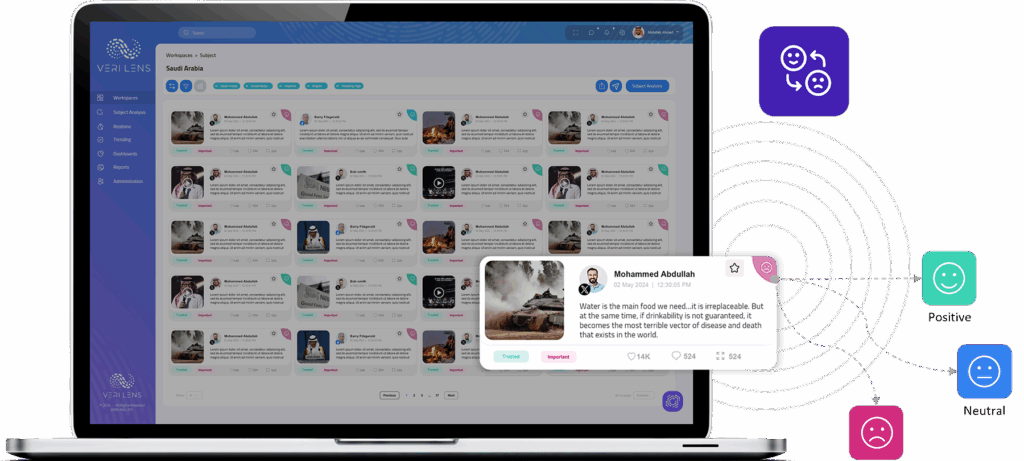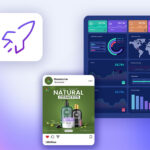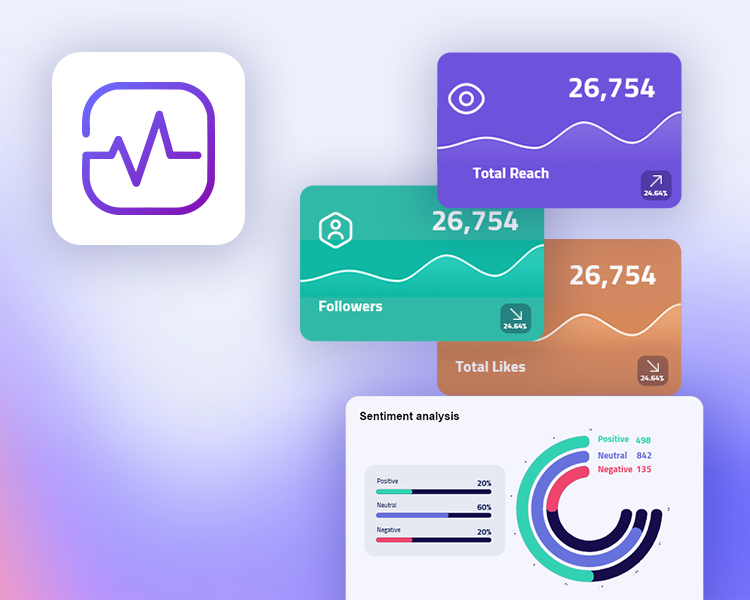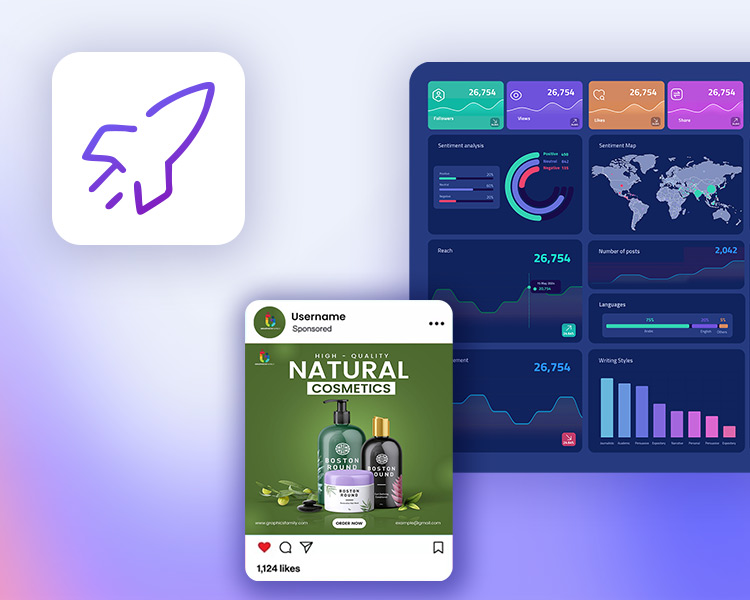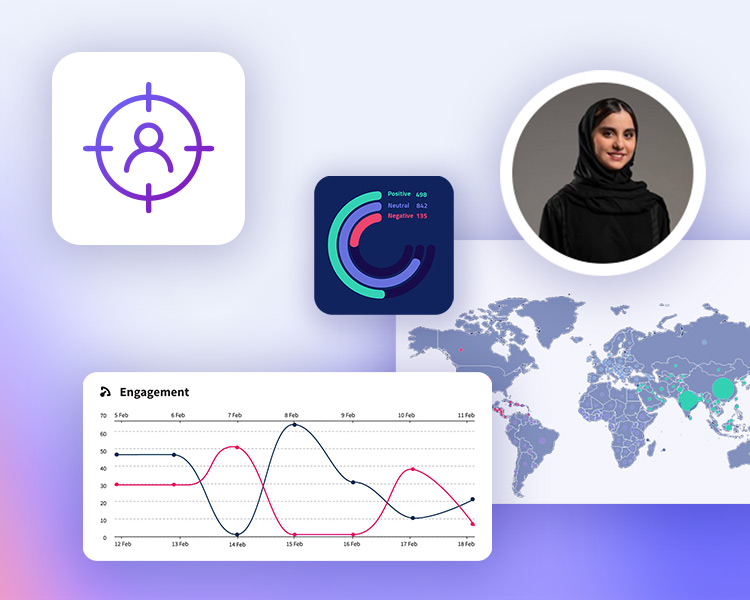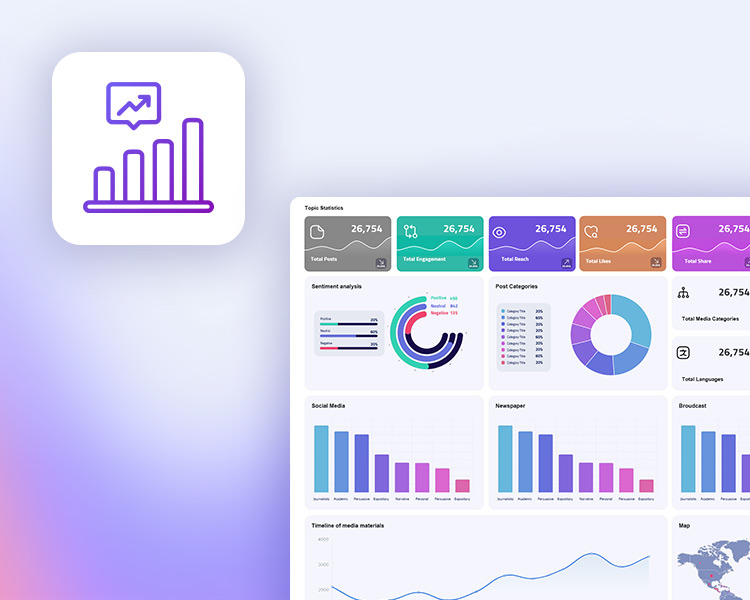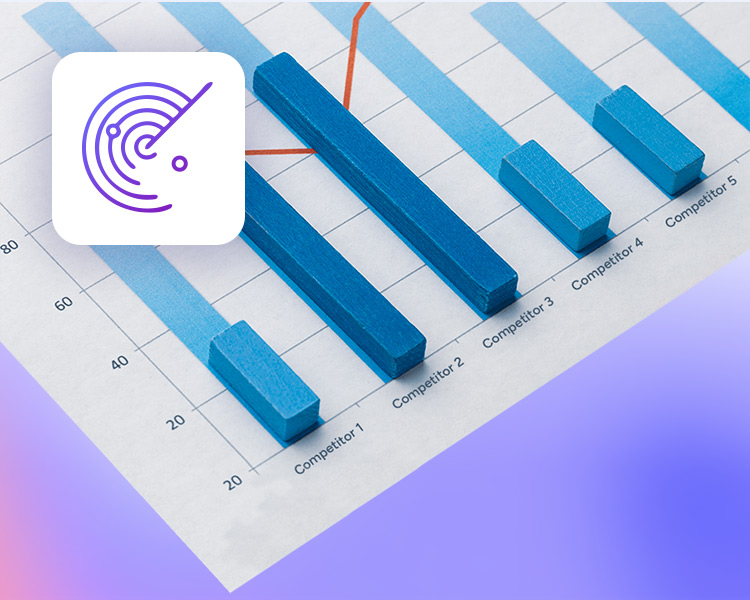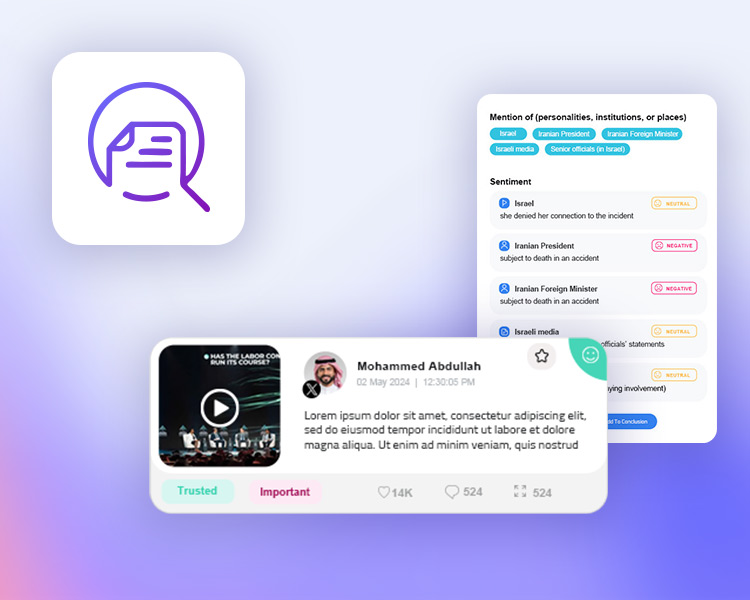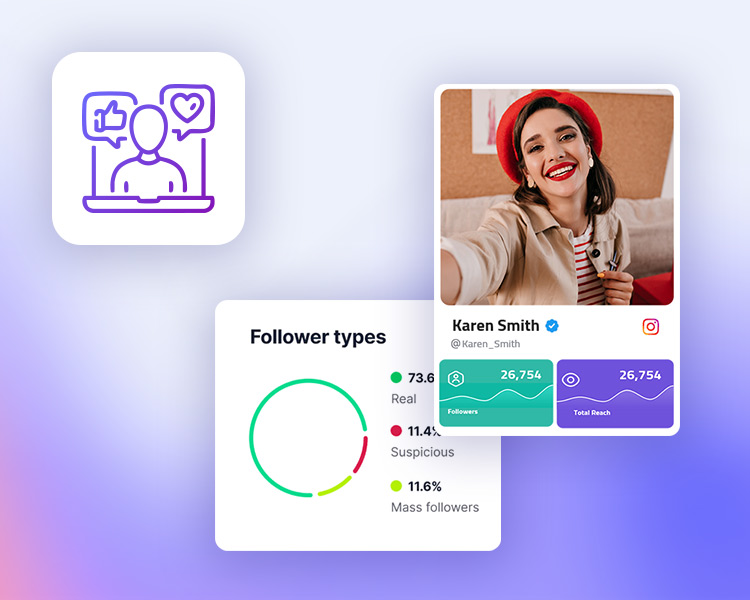Scientific Research
For researchers and academic institutions, VeriLens offers valuable media monitoring on emerging technologies, public debates, and scientific breakthroughs. Stay informed on how your research is represented in the media, analyze public sentiment around key topics, and discover relevant trends shaping innovation in your field.
How the Solution Solves It
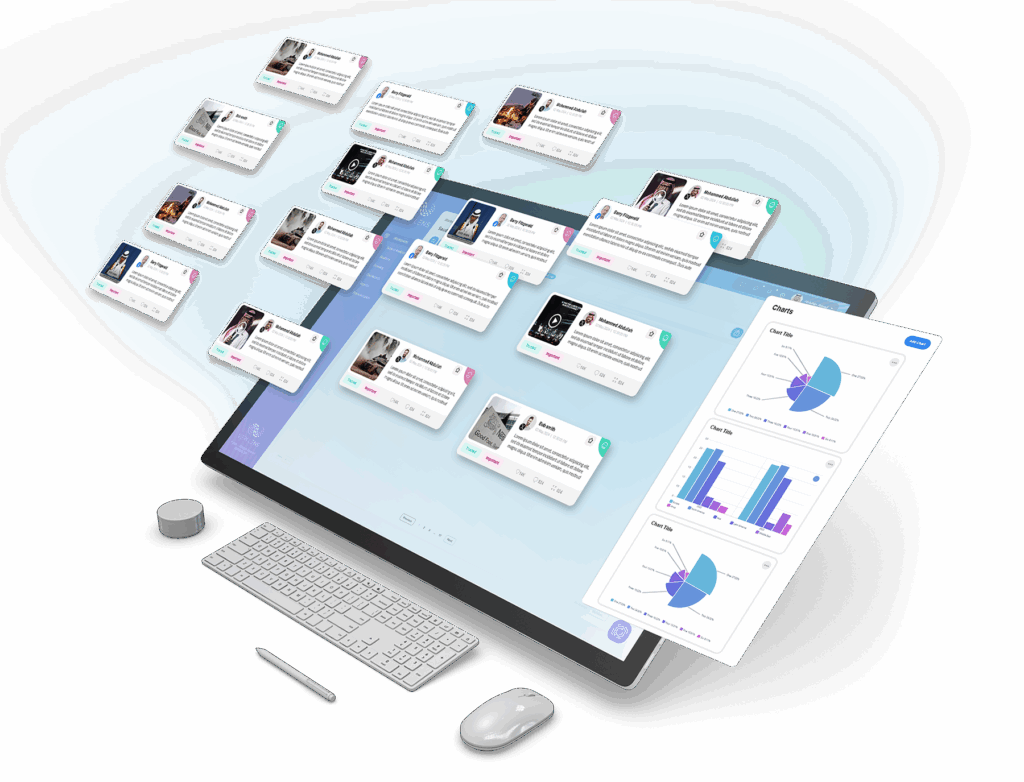
Real-time monitoring of public posts, news, and forums helps identify unusual mentions of symptoms, clusters of illness, or new disease names before official reporting.
Detects spikes in health-related keywords (e.g., “Bacterial spot” “scab”) in specific regions—serving as an early warning system for outbreaks.
Tracks discussions on vaccine hesitancy, symptom sharing, home remedies, and health behavior trends across platforms.
Integrates data from X , Facebook, TikTok, YouTube, forums, and blogs to provide a unified view of public health-related conversations.
Surfaces potential unreported health issues by analyzing crowd-sourced complaints or posts from areas with weak healthcare infrastructure.
Offers multi-language support (Arabic, English, German, Spain, etc.) and can track keywords across countries to study cross-border disease spread.
Flags viral health misinformation (e.g., fake cures, rumors about disease origins) to help authorities and researchers respond with accurate information.
Tracks online language and tone related to depression, anxiety, suicide, and psychological stress—especially in crisis or post-disaster periods.
Uses geo-tagging and regional classification to map where symptoms or disease keywords are being mentioned most frequently.
Complements static systems (e.g., lab reporting, hospital data) with dynamic, real-time public sentiment and disease spread insights from non-traditional sources.
VERILENSInsights
In research, credibility is everything.
Whether it’s public health, climate science, or cutting-edge innovation, researchers face increasing pressure to communicate clearly, combat misinformation, and demonstrate societal impact. With online narratives shaping public perception—and funding—media intelligence helps institutions track influence, protect credibility, and amplify their breakthroughs to the world.
67% of scientists say public misunderstanding of research poses a major threat to science-driven policy.
72% of research institutions report increased scrutiny from media, influencers, and interest groups.
58% of published research fails to reach its intended audience due to poor media visibility or distortion.

